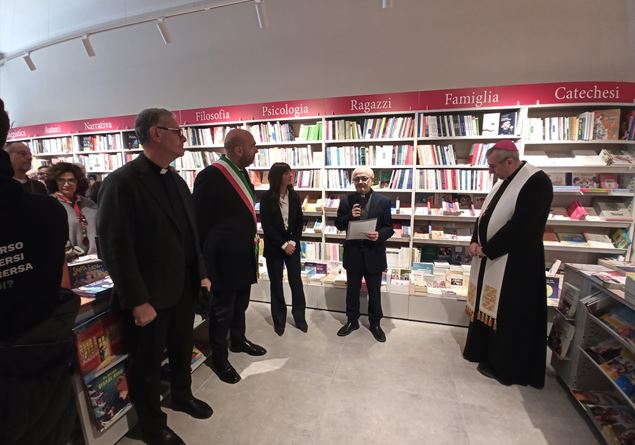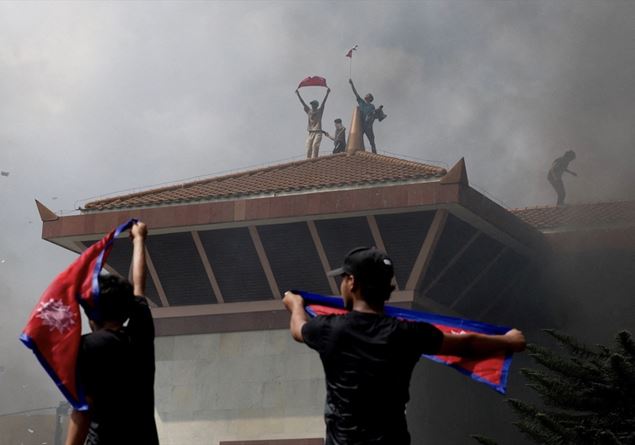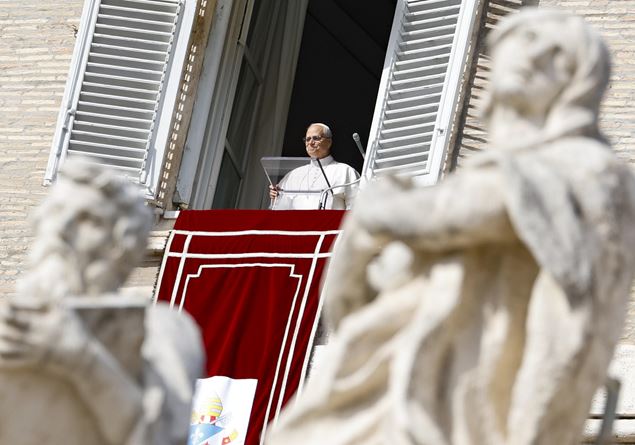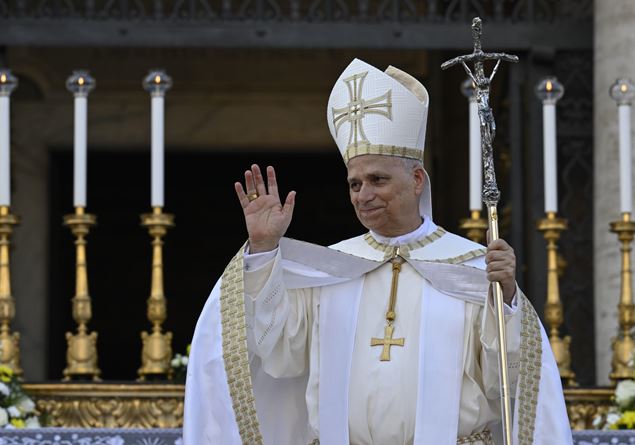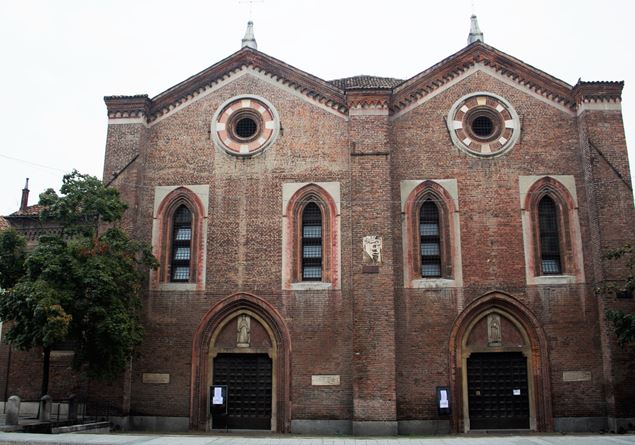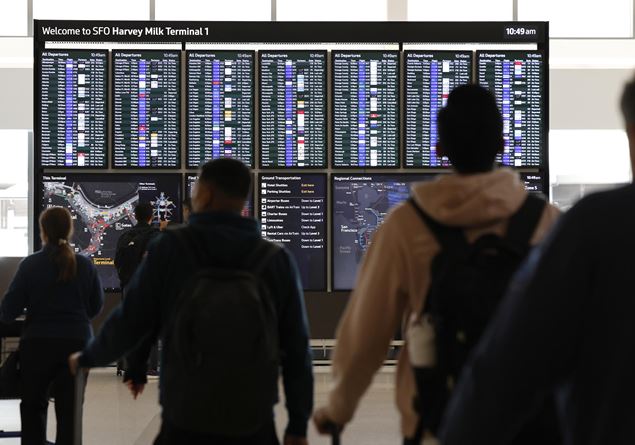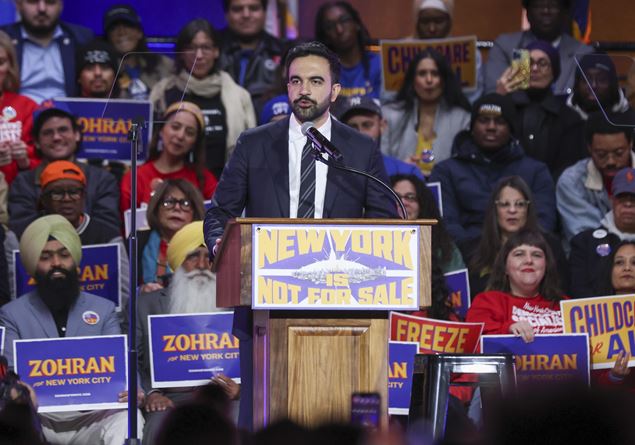In Katmandu, from 9 September the Nepalese Parliament burns, the streets are invaded by young people in school uniform, the police shoot. It is not the plot of a dystopian film, but the reality of a country that, in a few days, has become the symbol of a global battle: that Between the right to freedom of expression and the power that tries to suffocate it. It all started with a missed click: the Nepalese government, led by Prime Minister Khadga Prasad Sharma Oli, has decided to block access to 26 social platforms, including Facebook, Instagram and YouTube, accusing them of spreading hatred and fake news. But The Nepalese Z generation responded with unexpected forcetransforming a technical measure into a revolt that has already changed the history of the country.
On September 4, 2025, the Nepalese government announces the blocking of 26 social platforms, including the Giants Facebook, Instagram and YouTube. The official motivation is the need to contrast online hatred and disinformation, but the move is immediately read as an attempt to censure. The platforms, according to the new law, should have registered at the Ministry of Communications and appoint a local manager, but only five – including Tiktok and Viber – did it. The rest is obscured.
The reaction is not long in coming: the young Nepalese, already frustrated by a youth unemployment at 20.8% and by a political system perceived as a corrupt and nepotist, take to the square. On September 7, Katmandu turns into a battlefield. The demonstrators, many in school uniform, shout slogans like “Stop corruption, not social media “and” fight inequality, not freedom“
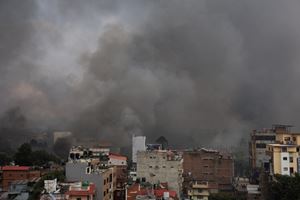
The protagonists of the protests are the young people of the Generation Z, born between 1997 and 2012. They are the ones who feel the weight of digital censorship more than everyone: social media are not only entertainment tools, but essential means to inquire, organize and report injustices. In a country where a third of the GDP depends on the remittances of the emigrants, young people feel excluded, ignored and individuals of a future.
“It is not just a question of social media – says a protester interviewed by Wired Italy – it is a matter of dignity. They took off our voice, but we are not willing to shut up“. The protests, initially peaceful, radicalize when the police open the fire. The buildings symbol of power are given on fire: the Parliament, the Supreme Court, the politicians’ houses, even the seat of the main editorial group of the country, Kantipur Publications.
On September 9, after days of international clashes and pressures, Prime Minister Oli resigns. But its exit from the scene does not appease anger. On the contrary, The protesters ask for a radical change: “We don’t just want a new premier, we want a new system”, they scream on the streets of Katmandu. The army is deployed to resume control of the capital, but the situation remains tense. The airports are closed, attached prisons, hundreds of detained prisoners.
International organizations condemn repression. Amnesty International speaks of “serious violation of international law” and asks for an independent investigation into the deaths. The UN expresses shock for excessive use of the strength of the administration and invites to an immediate dialogue.
In a country where 80% of the population is Hindu, but the Christian presence is growing, the Nepalese Catholic Church is faced with a delicate challenge. Monsignor Paul Simick, bishop of Katmandu invites to moderation. Also lay organizations, such as “Hami Nepal”, born for social assistance, are on the front line.
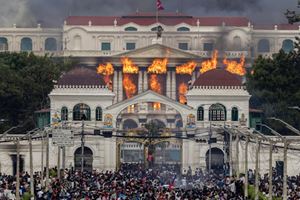
The Nepalese case is not isolated. In 2023, the country had already blocked Tiktok to “disturb social harmony”and attempts to control (or censor) the web are multiplying all over the world. According to Barbara Ortutay of the Associated Press, «The repression of the Internet in Nepal is part of a global tendency towards the suppression of freedoms online».
But Nepal’s lesson is clear: when you touch the freedom of expression, especially of young people, the reaction can be explosive. And not always predictable.
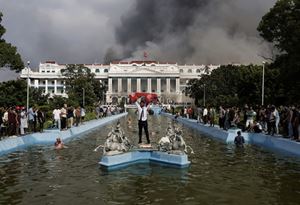
At the time of writing, Nepal is in a transition phase. The blocking of social networks has been revoked, but confidence in the government is at historic lows. Protests continue, albeit with less violence. The international community observes with concern, while Nepalese young people seem to have found a voice that no longer intend to lose.
Behind the barricades of Katmandu, among the smoke bombs and flags hoisted as a symbol of resistance, there is not only the protest against the block of Facebook or Instagram. There is the frustration of an entire generation, forced to look at one’s future vanish beyond the borders of Nepal. The numbers are merciless: in 2024, youth unemployment touched the 20.8%a percentage that leaves no escape to those who dream of building a life in their country. And that’s not all: more than a third of the Nepalese GDP depends on the Removes of emigrated workersoften young people forced to leave family and affections to seek luck in Qatar, Malaysia or in the Arab Emirates. A forced exodus, an escape that empties the country of its best energies and feeds a sense of abandonment and injustice.
To further trigger the tensions, in recent months, it was the online movement against the so -called “Nepo Kids” – The children of Nepalese politicians, who on social networks flaunt a well -like lifestyle, between luxuries, travel and prestigious cars, while their peers are dealing with precariousness. Video and posts that have become viral have turned on the fuse: “Every young man is forced to leave the country. We are tired of corruption, we want a future here”shouted a protester in Reuters, while the choirs marked around him: “Stop corruption, not social media!”.
It is the paradox of a Nepal split in two: on the one hand, a political elite accused of nepotism and privilege; on the other, a youth that feels betrayed, private not only of opportunitiesbut also of the possibility of expressing one’s dissent. The blocking of social networks, in this context, was not only a technical limitation: it was the umpteenth sign of a deaf, incapable – or not interested power – to listen to those who ask for only dignity and hope.




